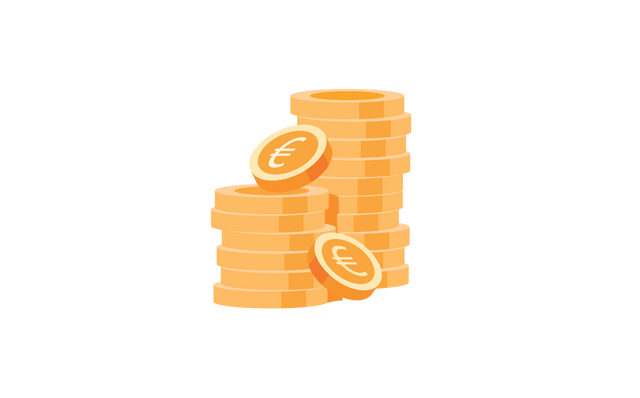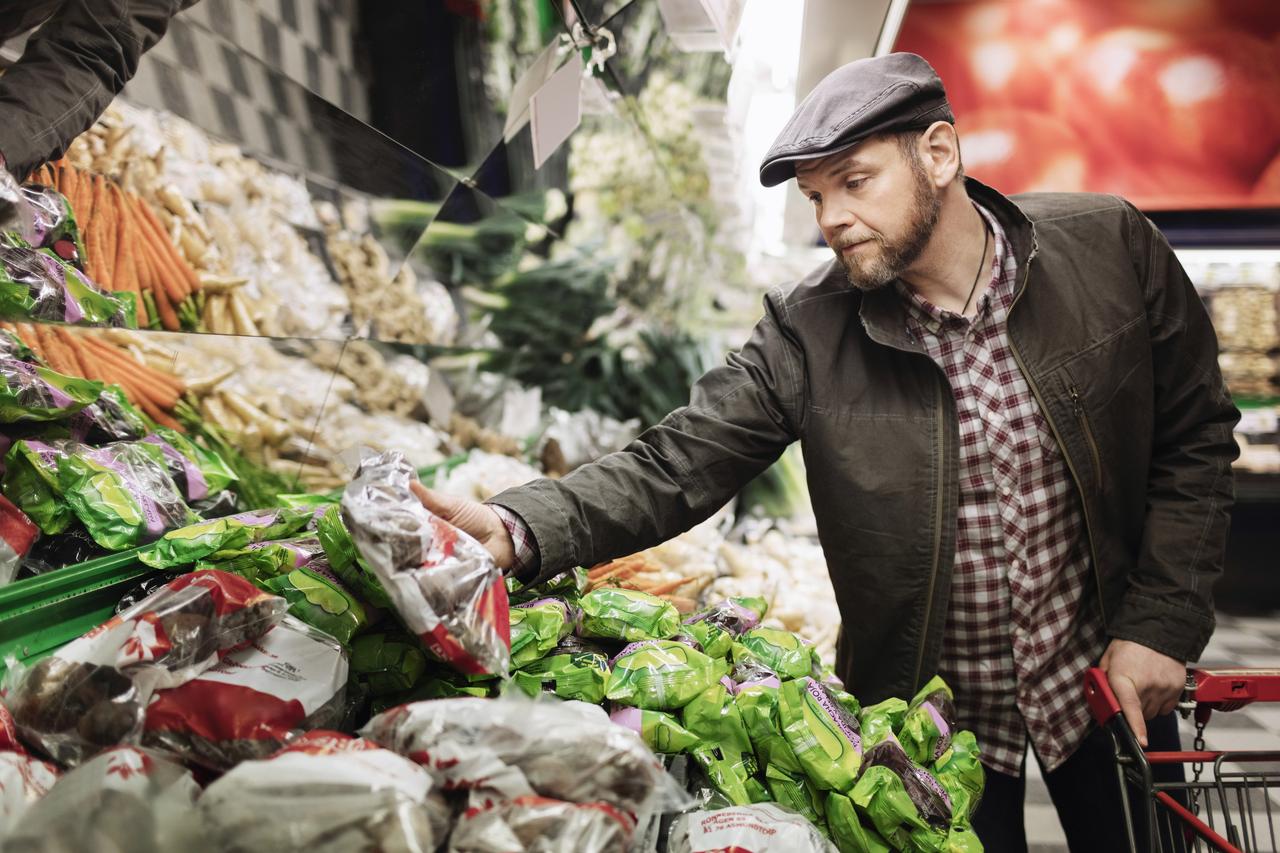Since the outbreak of the Corona pandemic, supermarkets have seen online shopping explode. Based on 2020, the transition in Europe has accelerated by four to five years. E-commerce penetration has risen to 11% of supermarket sales. But that does not lead to a hoo-ha mood. Research by trade credit insurer Euler Hermes shows that online shopping can cost the big European supermarket chains billions in profit. Euler Hermes is the global leader in trade credit insurance and part of Allianz.
According to Euler Hermes, the turnover of European supermarkets has increased considerably in the corona period (over 5% in 2020): in the same period, online shopping also shot up like a rocket. A trend that continues. "Consumption habits have definitely changed since Covid-19", reads the latest report of the credit insurer. According to Euler Hermes, the strong rise of online shopping services brings two major challenges for the big supermarkets:

1) Loss of market share
The market is shaken up. The competition takes on a different face. Convenience and service are getting more emphasis while only recently everything was focused on price competition. Companies that are slow or reluctant to embrace the digital transition are losing market share. To fellow supermarkets, but also to (logistical) newcomers such as flash deliverers.

2) Higher costs
E-commerce in food retail is undermining profitability. Online sales of groceries are making a loss. Customers who pick their groceries from the shelf themselves are much cheaper for the supermarket than home delivery. No one dares to put the service costs entirely on the consumer's plate.




